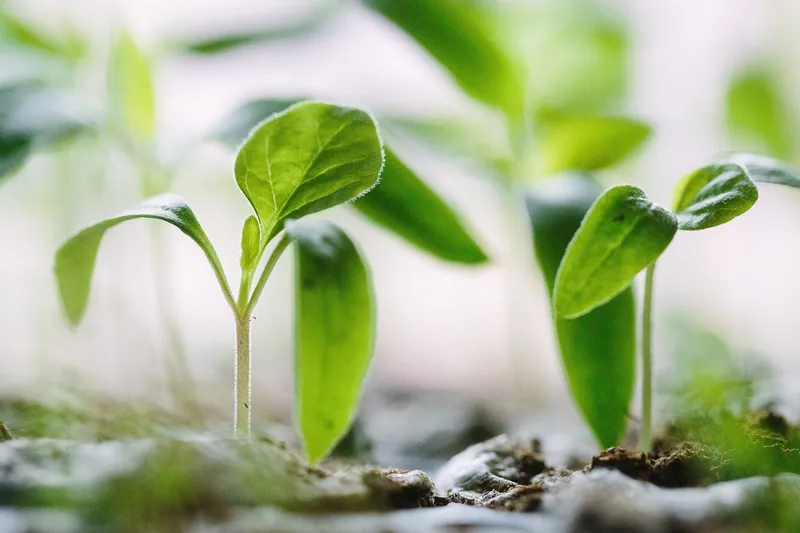

Can You Really Pull Off Growing Your Own Groceries?
Know the quality of food you put on the table

Yes, you can! And this is not just some faux positive reinforcement, but a serious answer. Even if you have been convinced that you have a black thumb and that gardening is one venture you will never be able to pull off, we’re going to prove you wrong!
First of all, growing groceries is nothing like growing some high maintenance flowers or other flora. Even if you are perfectly able of killing everything green indoors and growing nothing but cactuses, having a vegetable or fruit garden is something completely different. Here are some simple steps how to grow your own fruits and veggies.
Make the beds
Outside, that is. In order for your garden to be successful, get the soil up. A deep layer of rich soil is exactly what the plants need to flourish. Raised beds will do the trick, or actually more of them.
By raising the beds, you will have more space for planting. There will be no need for paths between the rows, so you are able to plant more in his way. Also, research shows maintaining such beds is less time-consuming. You will be left with more time on your hands with these beds.
Get the best fertiliser
That soil needs some substances to enrich it, and the more natural they are, the better. Having a compost bin is the best way to secure excellent natural fertiliser. They’re extremely easy to maintain, whichever design you go for. All right, perhaps worm farm bins are a bit demanding, but as for the rest, they just need some waste products from your home (such as food scraps) and turning them over once a week. It’s so simple and yet so rewarding.
Choose wisely
Before you start looking through the lists of the best plants to grow, have a moment to think. What is it actually that you and your family need? What is always on your shopping list? What is it that you can’t get enough of? Now that you’re aware everybody is a huge potato or tomato lover, let’s see what else you should bear in mind:
- Sunlight – think how much sun your garden is getting daily and decide on the plants accordingly.
- Find the compatibles – some species are known to support each other. For instance, corns, beans and squash are perfect together. Beans can climb up the corn stalk, while squash lies on the ground and fights weeds. Onions, tomatoes and basil work well together, too.
- Timing is everything – you should also be wary about harvest times. Some people always have their garden full of produce – that’s because they plan in advance. Succession planting will help you to always have something to pick in your garden. Here is how it goes: start with leaf lettuce, and follow it with some corn, and end with garlic. The compost really helps them mature sooner, too.
- Size and order – plant in triangles rather than rows to get the maximum from your space. Also, remember how big the plants are going to become when they reach their full size. Just a few centimeters more can double the harvest!
Get rid of the weed
Yes, you have to get your hands dirty, and to do it regularly. To give your plants the best possible chances of surviving and thriving, you have to regularly remove the weeds from the soil. If done on time, it’s extremely easy. The fact that you have raised beds will make them more reachable and easier to pull out.
Ways to water
Instead of using sprinklers, rather opt for the old-fashioned way of watering with a hose or a watering can. It’s better and it saves you from a potentially huge water bill.
Invite some little helpers
We try to avoid destructive insects in our garden, but how can we do it without lots of chemicals? The answer is: invite their opponents!
Plant some flowers which will attract the ‘good guys’ to your garden and they will fight the bad ones. Go for something such as yarrow, zinnia, daisies or some other helpful species.
It doesn’t sound too difficult, does it? Good preparation is job half done, so feel free to put these tips to practice and pretty soon you’ll be harvesting the results!





